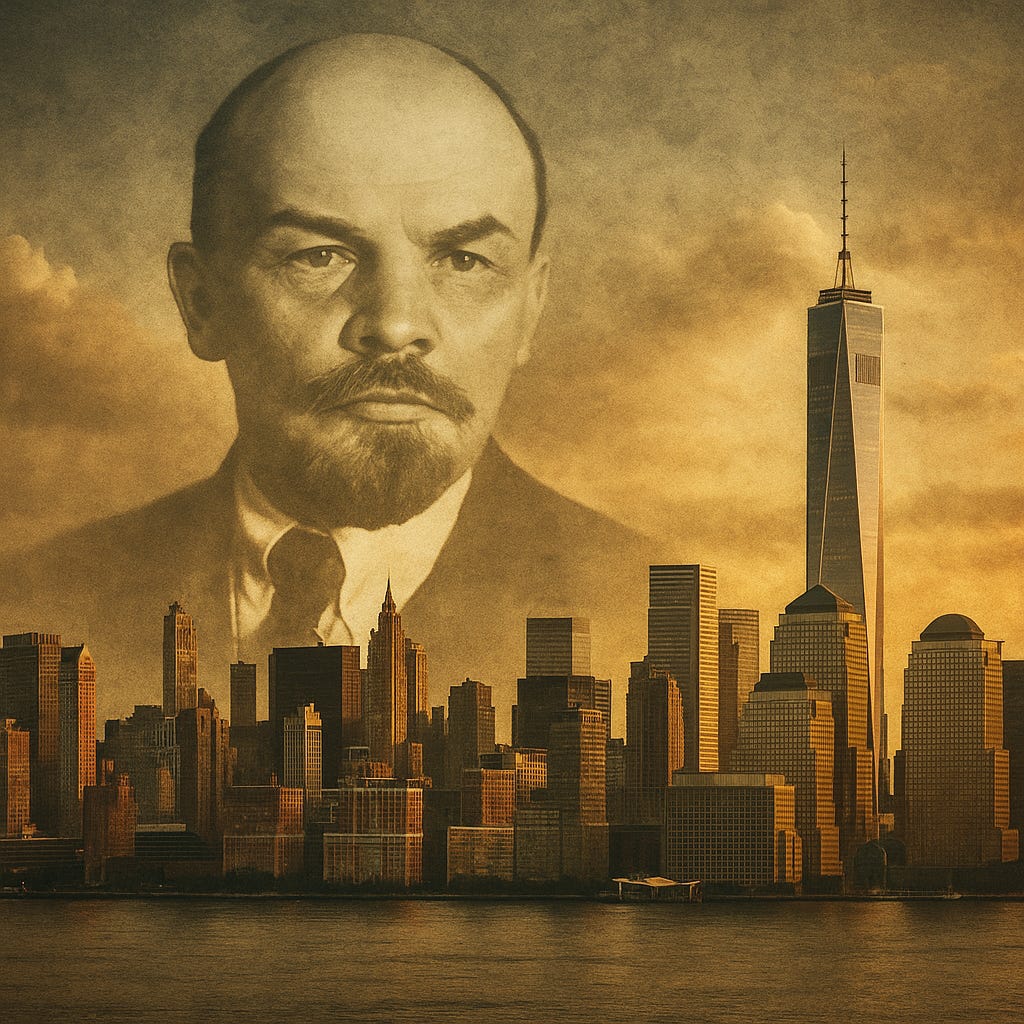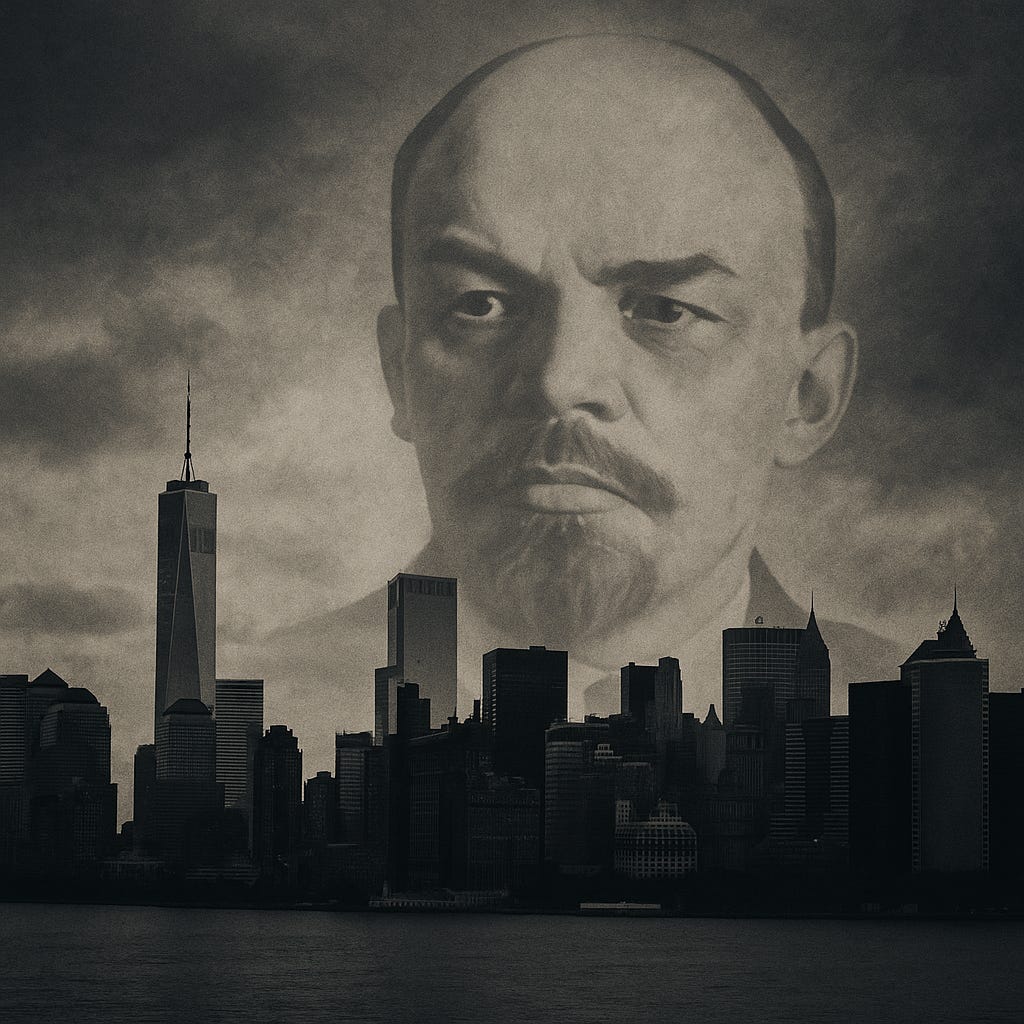The City That Forgot How to Write a Job Description
You don’t hire a cab driver to fix your wristwatch
The City That Forgot How to Build
You don’t hire a cab driver to fix your wristwatch
By Jim Reynolds | www.reynolds.com
Grook: The Cost of Free
They meant to heal by giving more,
till nothing left was earned.
A city dies in soft applause
for lessons never learned.
I. The Dream
Once, this city was the showroom of the American idea—loud, ambitious, impossibly alive. We told ourselves that its diversity made it strong and its compassion made it fair. When we elected new leaders who promised to heal old wounds, we believed we were turning a moral page. History, at last, would forgive us.
Bob: “That’s the problem with moral pages,” he said. “They’re easy to turn, but they don’t change the book.”
II. The Trade
We traded excellence for apology. Instead of fixing the machine, we questioned whether we deserved to own one. We stopped celebrating competence and started rewarding contrition. The people who kept the lights on—cops, builders, drivers—were recast as villains in a morality play written by people who’ve never built or driven anything.
III. The Soft Collapse
Now the elevators stall, the trains crawl, and the streets whisper a tired kind of danger. It didn’t happen overnight. The decline came softly, disguised as kindness. Every broken rule was forgiven in the name of empathy. Every failure was excused as progress. The word free became the anthem, even as nothing worked.
When violence becomes routine, we no longer need the details. The story writes itself, and that’s the tragedy. Predictability replaces shock; resignation replaces resolve. When we stop being surprised by what’s broken, we stop believing it can be fixed. The problem is us—our tolerance for failure, our exhaustion, our unwillingness to insist on order.
IV. The Lost Job Description
Before you can fix a city, you have to remember what a city is for. The purpose of municipal government is not to give things away, preach imported ideologies, or issue moral lectures about global justice. It’s simpler, older, and more American than that.
A city exists to keep people safe. To keep things running. To manage crime, maintain order, and make daily life predictable enough that citizens can dream again.
So ask yourself: why did we just elect this person?
Was it because he had experience restoring order, balancing budgets, or managing complex systems? Or because he could recite the slogans our media class demanded to hear?
If it’s the latter, then the outcome is already written. You don’t hire a plumber to rebuild your engine, and you don’t hire a theorist to run a city. Governance is a craft, not a cause. A mayor who doesn’t understand that will soon learn what gravity means in real time.
Bob: “City Hall isn’t a classroom,” he said. “It’s a cockpit. And the turbulence is real.”
V. The Pattern
I’ve seen this movie before. You hire the wrong person for the wrong reasons, and the ending never changes. The signals were all there: no management experience, no understanding of systems, no sense of scale. A résumé built on slogans, not results. You don’t need a crystal ball to see how it plays out—you just need a memory. The pattern is always the same.
Bob: “They hire to feel good,” he said, “then wonder why it hurts.”
VI. The New Arithmetic
The promise went like this: if we make everything free, everyone will flourish.
The result will go like this: if nothing costs anything, nothing has value.
We forgot that compassion without boundaries is neglect wearing perfume.
We built programs that feed dependency and policies that punish discipline.
VII. The Imported Ideal
The new philosophy didn’t rise from the streets; it was manufactured in the seminar rooms and training workshops of a city that forgot what work looks like.
Education stopped teaching skills and started teaching guilt.
In the mirror of self-critique, the city lost its reflection.
Pride became a sin; humility became a tax.
Bob: “They don’t build anymore,” he said. “They radicalize and call it teaching.”
VIII. The Builders Leave
Every city has a tipping point when the people who fix things stop trying. When contractors pack up, when cops count the days to retirement, when small business owners stop renewing permits—that’s the moment a city crosses from struggle to surrender. It’s not rebellion. It’s resignation.
IX. The Moral Reversal
Somewhere along the way, leadership decided that the easiest way to look good was to declare everyone else guilty. Instead of lighting the path forward, they turned the flashlight on the past. They called it justice; it was just blame with better PR.
X. The Lesson
Cities don’t die of crime or poverty alone. They die when competence becomes suspect, when apology replaces pride, when the people who build are asked to stand aside for those who only critique. A civilization can survive sin; it cannot survive shame.
XI. The Reckoning
There will be another election, another promise of free things, another round of moral theater. But the real choice isn’t ideological—it’s operational. Can we still tell the difference between compassion and collapse? Between equality of opportunity and equality of outcome? Between forgiveness and forgetting?
The same predictability that tells us who will commit the next crime tells us how this story ends. We’ve hired a man with no record of managing anything to manage everything—and the results will be as predictable as they are preventable.
Bob: “They’ll call it a reset,” he said. “But it feels more like a reboot without a hard drive.”
XII. The Ruins and the Rebuild
Every ruin starts as a city that thought it was too moral to fail. And every rebuild begins the same way: someone refuses to accept that decay is destiny. Maybe the next leader will understand that mercy requires order, and freedom requires fences that hold. Until then, the rest of us keep sweeping the front step, keeping faith with what was once built to last.
Epilogue — The Quiet Rebuild
The city will not be saved by slogans or subsidies, but by the ordinary reflex to put things right.
Every morning, somewhere, a man fixes a hinge, a woman teaches a child, a neighbor sweeps a stoop.
That is how civilizations endure—by people who work while others lecture.
Could it be that New York City is about to teach America the most important lesson of all?
Define the job.
Define the qualifications for that job.
Hire the person most qualified for that job.
To do otherwise is insanity—
and the results are already written.





Thanks, Monkey Man.
Not really privy to Elaine’s footwear preferences while visiting California. Protective gear may be prudent. Jim